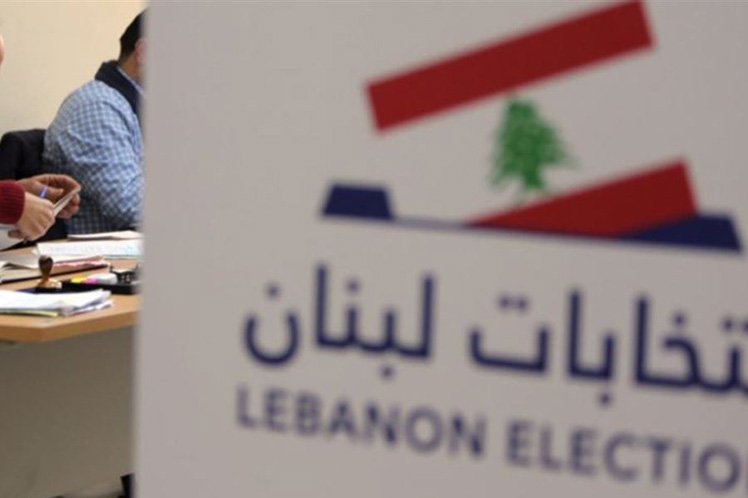Both officials insisted on the citizen’s duty to vote and clarified that one cannot be impartial in the elections, since it constitutes the opportunity to monitor the work of the deputies, distinguish and elect.
Cabinet chief Maqati highlighted the efforts of judges, officials and security apparatuses in holding the elections and wished that the coming days bring hope and kindness to Lebanon.
The polling stations opened in the eight governorates and 25 districts throughout the country from 07:00 local time amid strict security measures enforced by the Army and the Internal Security Forces.
A total of 718 candidates on 103 electoral lists will compete for the 128-seat parliament, evenly divided between Christians and Muslims.
Observer teams from the European Union, the Arab League and the Lebanese Association for Democratic Elections assess the voting process in the country.
Lebanon convened the elections last December after the social outbreak in the fall of 2019 and the explosion in the Port of Beirut that caused more than 200 deaths in August 2020.
pgh/llp/mem/yma










